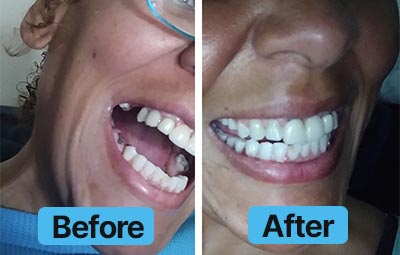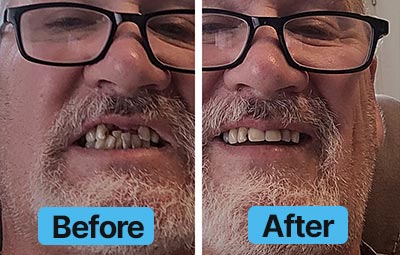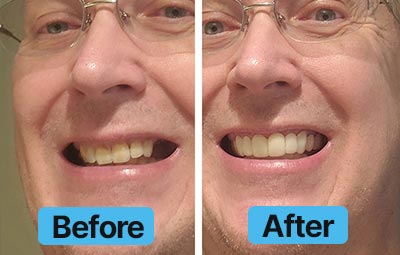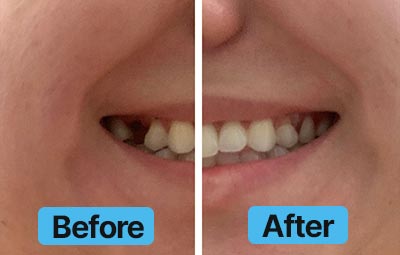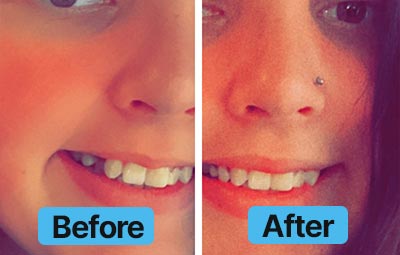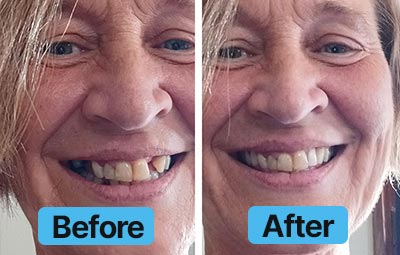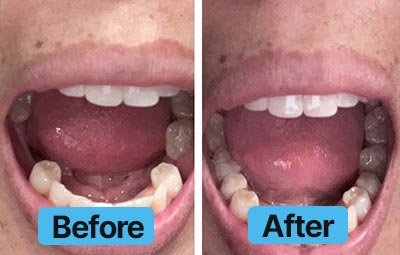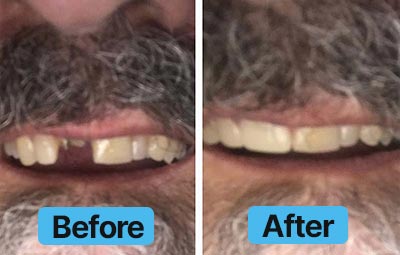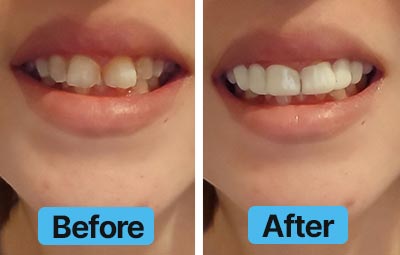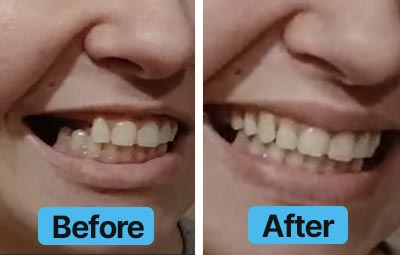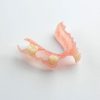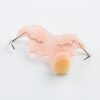Losing a tooth is more than a cosmetic concern. It affects how you chew, speak, and smile. If you’re missing one or two teeth, the two most common solutions are partial dentures and dental implants. Each has its strengths, limitations, and ideal use cases. So, how do you choose?
Let’s break down the key differences between partial dentures vs implants, including what to expect from each, who they’re best for, and how they affect your long-term oral health.
What Are Dental Implants?
A dental implant is a small post, usually made of titanium or zirconia, surgically embedded into the jawbone to act as an artificial root. Once healed, a crown is attached, giving the implant the look and feel of a natural tooth.
Pros of Dental Implants
Natural Look and Feel
Implants are designed to look, feel, and function like real teeth. Because they’re anchored in the jawbone, they provide stability and a natural bite, often indistinguishable from your original tooth.
Long-Term Solution
With proper care, implants can last for decades. They don’t need to be removed, adjusted, or replaced frequently, making them one of the most durable solutions available.
Comfort and Confidence
Unlike removable dentures, implants won’t shift or slip when you talk or eat. That stability makes a big difference in daily comfort and can boost self-confidence in social situations.
Supports Bone Health
Implants replace not just the tooth, but also the root. That stimulation helps maintain bone density in your jaw and prevents the shrinkage that often follows tooth loss.
Cons of Dental Implants
Higher Cost
Implants are an investment. The cost includes surgery, materials, and lab work, and may not be fully covered by insurance. That said, many patients find the long-term value worth the price.
Surgical Procedure Required
Getting an implant involves oral surgery, which carries some healing time and isn’t suitable for everyone. Patients with gum disease, medical complications, or bone loss may require additional procedures before implant placement.
Longer Timeline
Unlike dentures, which can be made in a matter of weeks, implants require several steps over the course of months. This includes healing time between the placement of the post and the final crown.
What Are Partial Dentures?
Partial dentures are removable prosthetics that replace one or more missing teeth. They’re typically made from acrylic and metal and clip onto your existing teeth.
Who Should Consider Partial Dentures?
Partial dentures may be a better fit for individuals who want to avoid surgery, are looking for a more affordable tooth replacement option, or need a quick solution for replacing several missing teeth.
Pros of Partial Dentures
Less Stability
Because they’re removable, partial dentures can shift slightly when eating or speaking. While modern designs improve fit, some patients still notice movement.
Aesthetic Limitations
Today’s materials have improved, but partial dentures may not match the natural look of implants. The metal clasps or bulkier fit can sometimes be visible, especially when replacing front teeth.
Maintenance Required
Partial dentures need to be cleaned daily and stored properly when not in use. They may also require adjustments over time due to changes in your bite or wear and tear on the materials.
Cons of Partial Dentures
Less Stability
Because they’re removable, partial dentures can shift slightly when eating or speaking. While modern designs improve fit, some patients still notice movement.
Aesthetic Limitations
Today’s materials have improved, but partial dentures may not match the natural look of implants. The metal clasps or bulkier fit can sometimes be visible, especially when replacing front teeth.
Maintenance Required
Partial dentures need to be cleaned daily and stored properly when not in use. They may also require adjustments over time due to changes in your bite or wear and tear on the materials.
Comparing Partial Dentures vs Implants: Key Considerations
When deciding between partial dentures vs dental implants, keep these factors in mind:
- Comfort: Implants feel like natural teeth. Dentures can take getting used to.
- Longevity: Implants typically last longer than dentures, which may wear down or loosen over time.
- Bone Health: Only implants help maintain jawbone density.
- Budget: Partial dentures are more budget-friendly upfront. Implants may cost more, but don’t need to be replaced later.
- Lifestyle: If you prefer a permanent solution and don’t want to remove your replacement teeth, implants may be the better choice.
Choosing What’s Right for You
Both dental implants and partial dentures are effective ways to restore your smile, but the right choice depends on your needs, lifestyle, and budget. Partial dentures could be your best option if you’re looking for a non-surgical, affordable, and quick solution.
At Dental Lab Direct, our custom-made partial dentures are hand-crafted to fit your unique mouth and made with FDA-approved, dentist-quality materials. Plus, every order is backed by our free 30-day adjustment policy—if something doesn’t feel right, send it back and we’ll make it right.
 30 DAY warranty on all custom-made products | 1,000+ 5 Star ★★★★★ Reviews
30 DAY warranty on all custom-made products | 1,000+ 5 Star ★★★★★ Reviews

